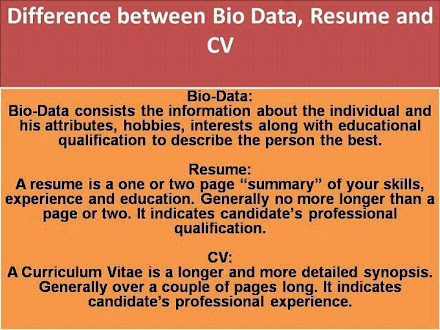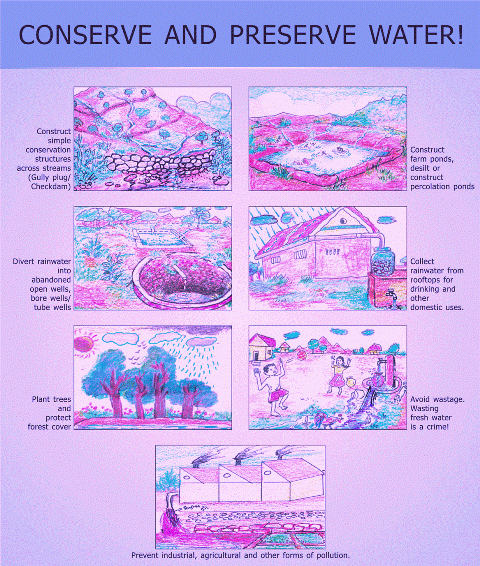Genetically engineered or genetically modified organisms (GMOs) are created by taking genes from organisms like bacteria or virus and inserting them into other, often unrelated, species like crops or animals. Since foods derived from GMOs are not natural, there are unpredictable health and environmental risks associated with these foods.
Bt brinjal, the first genetically modified food crop has been put on hold after serious objections were raised about the necessity and safety in the long run. Even though no GM food crop is commercially cultivated in India, more than 11 major food crops are undergoing field trials across the country, which threaten to contaminate our food chains, as do unchecked import of raw food grains.
Greenpeace believes that GMOs should not be released into the environment as there is not adequate scientific understanding of their impact on the environment and human health.
Watch the below given video:
To know more about GMOs, visit this site: http://greenpeace.in/safefood/faq/







1 comment:
How silly can Greenpeace get? Imagine appealing to Dr. ManMohan Singh to save our Monsoons?
The year 2009-10, India suffered its worst drought in almost four decades, with monsoon rains 22% below average. As seen in the photo, Greenpeace activists then hung an 80-foot banner from the Mumbai-Thane Bridge addressed to the Indian prime minister on June 4, 2009. It requested him to save our monsoons given the drought situation. How mischievous this tactic is illustrated by their article 29th June 2009, titled “It’s anomaly reigning” posted 29th June 2009 in the Greenpeace India website - just a few days after this stunt:
“On assessing the historical data, the Intergovernmental Panel on Climate Change in its fourth Assessment Report suggested, “warming in India is likely to be above the average for South Asia, with an increase in summer precipitation and an increase in the frequency of intense precipitation in some parts.” That the Indian monsoons are going to undergo gross changes as a direct result of climate change – rainfall will increase by ~ 20 per cent overall in the summer monsoon, but the distribution of this increase will not be evenly spread across the country.”
So what's Greenpeace's actual position any way? Does global warming cause increased or decreased rainfall? They say both. This is not strange, as global warming according to its proponents can do almost everything and anything like simultaneously making sea water more salty and less salty! But it does not matter really as global warming or CO2 has nothing to do with monsoon intensity. But it finds a perfect 1:1 correlation fit with ENSO - El Nino (La Nina) Southern Oscillation.
However, if the IPCC painted scenario had only been true, an increase by 20% in rainfall could have given India a double digit growth rate for agriculture and at least double of that in terms of GDP. Such stupendous growth could have wiped out the face of poverty within 5-10 years in our country. If this is “climate change”, Indians should be welcoming it with open arms. But alas, more than a decade has passed after the IPCC had predicted such a scenario but we find practically no such change in our rainfall long period average (LPA). The LPA, even factoring the current “exceptional” summer rainfall, remains still a tad below 100%.
This typical means justify end tactics not only eats into the credibility of not only Greenpeace but the entire NGO and environmental organizations. What public credibility has NGO/environment groups left with if NGOs and environmental groups pursue advocacy clams that have no factual basis? If they tout they follow evidence based M&E then they should ensure their advocacy campaigns reflect this value as well.
Read more: http://devconsultancygroup.blogspot.com/2010/09/how-silly-can-greenpeace-climate.html
Post a Comment